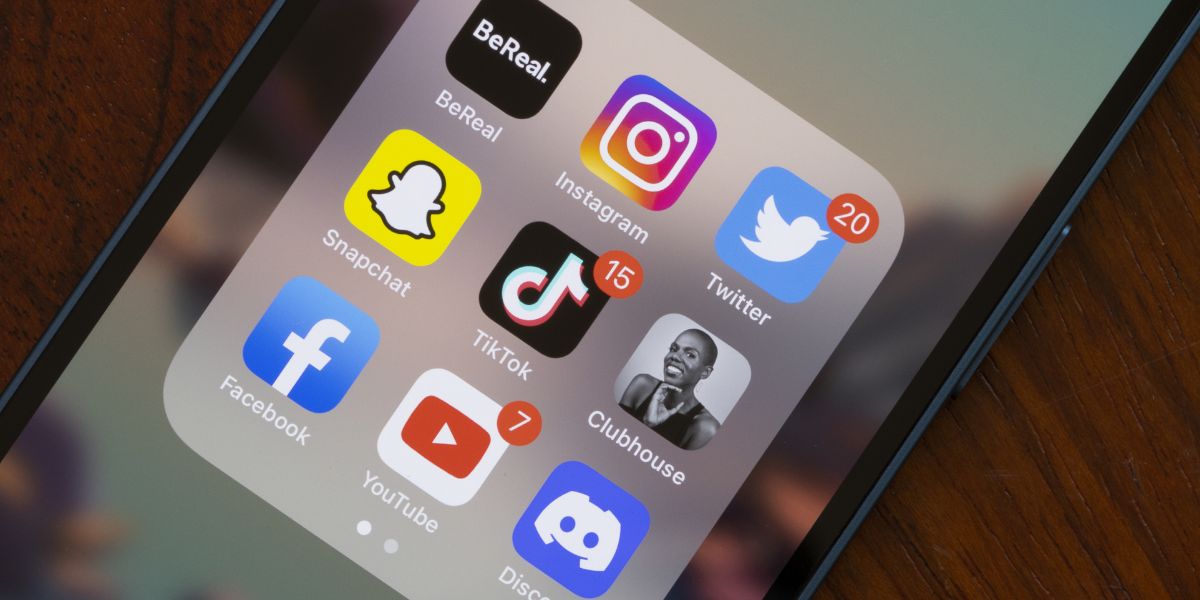An investigation has revealed the extent to which a number of registered dietitians are being paid by the food, drink and supplement industries to promote products on social media.
The comprehensive report has revealed that these influencers’ links to the food and drink industry were often not clear.
An investigative team from The Washington Post and The Examination, a non-profit global health reporting organisation, examined thousands of social media posts from registered dietitians.
- TikTok influencer describes weight gain after quitting Ozempic
- Negative diet culture and unrealistic body images promoted on TikTok, study suggests
In one example, they looked at posts published by dietitians using the #safetyofaspartame. It followed a recent announcement by the World Health Organization (WHO) that the artificial sweetener aspartame is “possibly carcinogenic”.
The investigation revealed it was part of a campaign by the trade group American Beverage, which saw 10 registered dietitians paid to post messages that questioned the WHO’s report.
In one example, registered dietician Steph Grasso, from Virginia, posted to her 2.2m followers on TikTok that the WHO warnings were based on “low-quality science” and were “clickbait”.
Dietitian Cara Harbstreet, from Kansas City, told her Instagram followers “the evidence doesn’t suggest there’s a reason for concern” and described the news as “fear mongering headlines”.
The investigation found that out of 68 dietitians with more than 10,000 followers on social media, around half had promoted food, beverages or supplements in the last year.
Around half of the 33 dietitians who posted paid content to millions of followers did not obviously disclose their partnerships in at least one of their posts.
The investigative team found examples of content going against public health advice around healthy eating and dietitians questioning the concerns around processed food. There were even posts by dietitians promoting sweets and ice cream.
Marlene Schwartz, the director of the University of Connecticut’s Rudd Center for Food Policy and Health, said the food and drink industries are “getting these dietitians to essentially do their marketing for them.”
A spokesman for the American Beverage said its campaign with dietitians was justified as some US government health agencies disagreed with the WHO’s findings around aspartame.
William Dermody, from American Beverage, said: “The registered dietitians and nutritionists we relied on shared their own informed opinions when communicating the facts to their audiences, and were up front about being paid.”
- Apple Cider Vinegar: does it affect diabetes?
- Eating avocados as effective as weight loss injections, expert claims
The dietitians contacted by The Washington Post either refused the comment or didn’t reply. Another updated her posts to include the wording ‘Paid Partnership with AmeriBev’.
One dietician who was questioned by a follower about who her ‘paid partner’ was revealed it was American Beverage but added said any suggestion that “I would compromise my professional ethics for money is insulting”.
The investigation also found examples of dietitians who were paid by Canadian Sugar Institute.
In one post by Jenn Messina of North Vancouver, she says: “If your kiddo is obsessed with sweets they likely need MORE access to sweets rather than LESS.”



